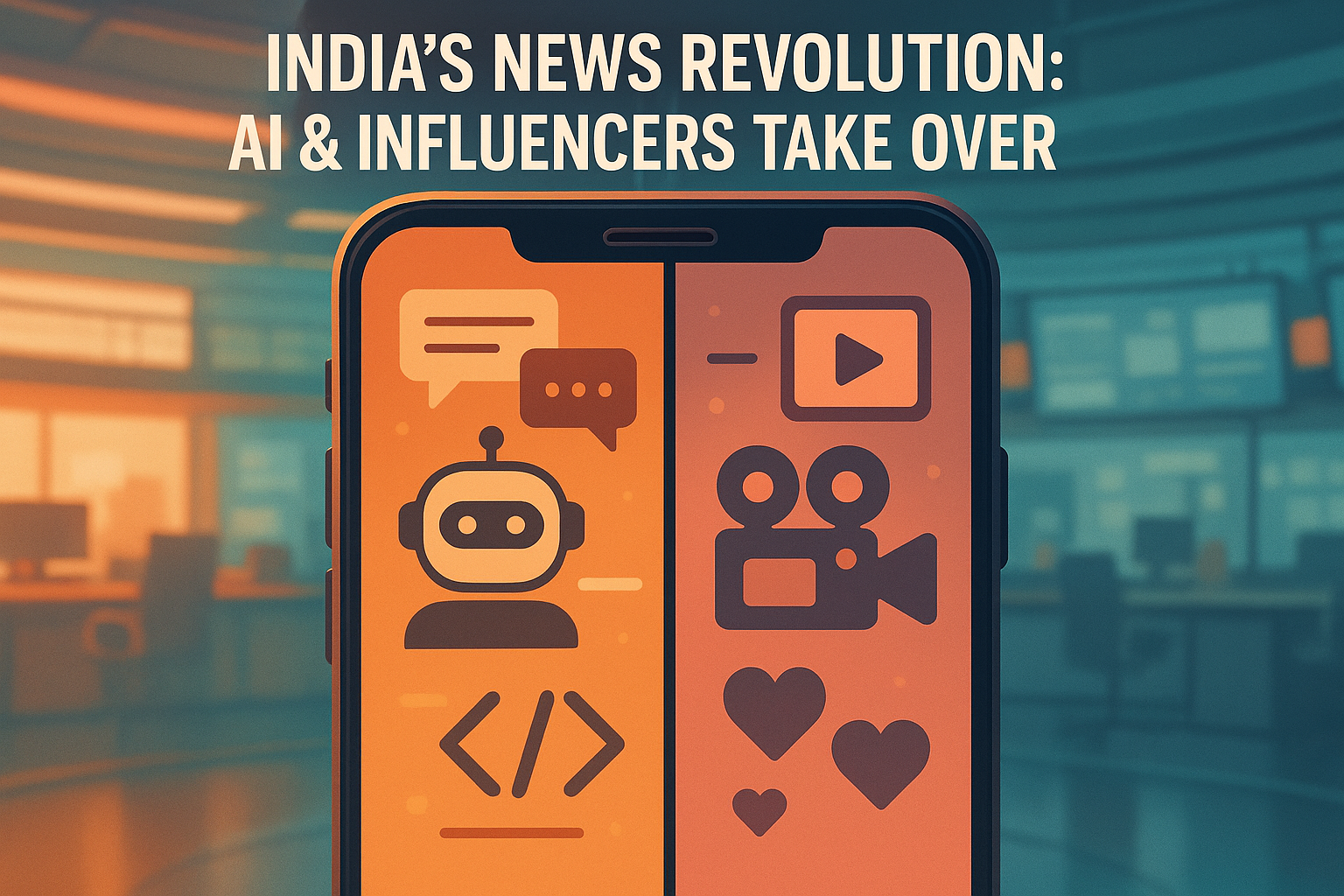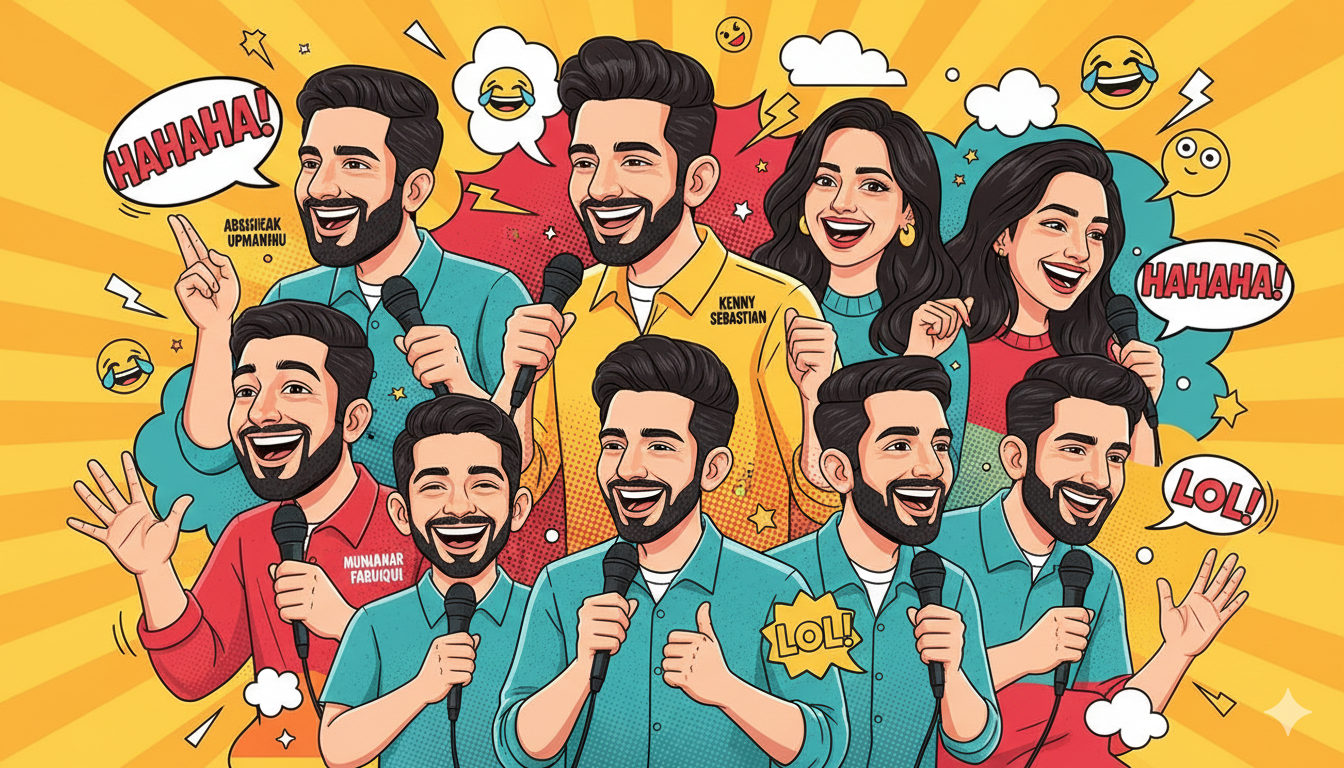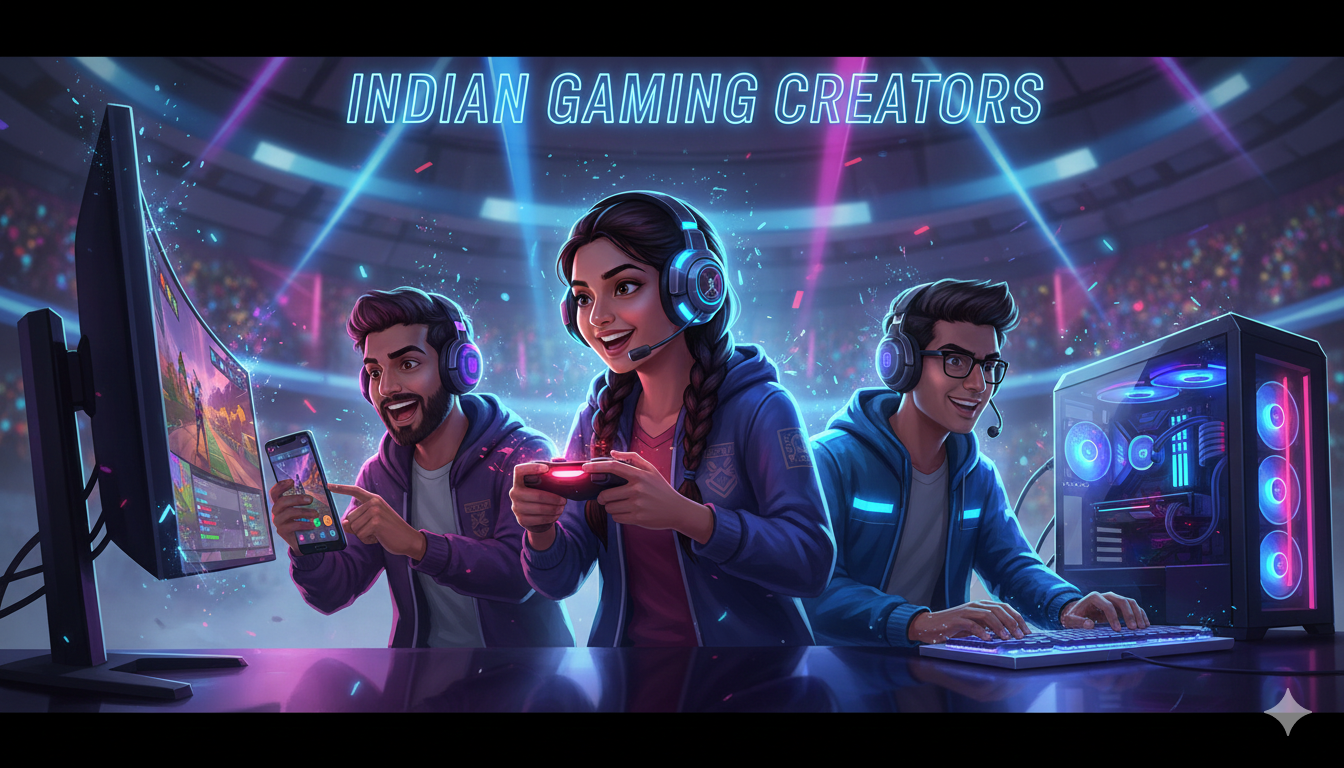Gone are the days when people relied solely on newspapers or TV for news. A new shift is underway Indians are increasingly turning to AI tools and influencer-style personalities to fuel their news consumption. According to The Hindu, this trend is part of a larger global transformation in how audiences engage with information.
This evolving landscape presents both opportunities and challenges for journalists, brands, and media houses. Here’s what you need to know.
1. Surge in AI-Powered News Tools
Recent data shows India leading the global shift: nearly 20% of Indians now use AI tools like ChatGPT and Gemini to access news on a weekly basis. Why?
- Instant summaries: AI distills complex stories into bite-sized insights.
- Tailored coverage: Users get personalized updates aligned with their interests.
- Multilingual access: AI delivers content across native languages, boosting inclusivity.
While this increases convenience and accessibility, it also raises critical flags around accuracy and misinformation.
2. Influencer-Led News Has Arrived
It’s not just AI rewriting the playbook personality-led news, powered by influencer formats, is thriving. Video creators are emerging as trusted news voices, experts in breaking down complex stories, ethics, and context. Platforms like YouTube and WhatsApp now serve more news than traditional websites, especially among younger audiences .
High-profile creators like Dhruv Rathee and Ravish Kumar have become credible voices from political explainers to social commentary, proving people prefer news with a face and voice they trust.
3. AI + Influencers = A New News Formula
It seems AI and influencers complement each other well:
| Feature | How AI Helps | How Influencers Help |
|---|---|---|
| Speed | Instant summaries of breaking news | Rapid video responses to trends |
| Personalization | Custom updates based on reader preferences | Authentic relevance via creator voice |
| Accessibility | Multilingual support for regional users | Storytelling that resonates emotionally |
Together, they create a hyper-personalized, engaging news experience—tailored and trusted.
4. The Misinformation Minefield
However, this evolving ecosystem isn’t without risk. Reuters’s 2025 report highlights that over 10% of Indians say misinformation comes from people they know exposing how easily false narratives spread.
When AI aggregates unchecked data and influencers lack rigorous editorial oversight, the potential for misleading content increases. This stresses the need for digital literacy, and credible fact-checking mechanisms.
5. What Media Organizations Must Do
To thrive in this environment, legacy and new media players must adapt:
Combine Technology with Editorial Integrity
Use AI tools for summaries and translations, but pair them with human editorial judgment to ensure accuracy.
Empower Influencers with Accountability
Collaborate with vetted content creators who follow journalistic standards—clearly label opinion vs. factual content.
Invest in Digital Literacy
Provide viewers with tools, guidelines, and education to distinguish verified news from rumor or AI-generated fabrications.
6. Future-Proofing News Consumption
Looking ahead, expect a few emerging trends:
- AI-powered news assistants that interact conversationally
- Hybrid influencer-journalist models with credibility and personality combined
- Stronger AI-labeling regulations to ensure transparency in content creation
- Expanded vernacular AI news tools supporting India’s rich linguistic diversity
The goal? An informed, yet efficient, news ecosystem that supports democracy not dilutes it.
Final Takeaway
The shift toward AI and influencer-led news signals more than technological change it’s a transformation in trust and engagement. For consumers, it means faster updates and tailored stories. For media brands, it’s an imperative to blend speed with credibility.
We’re entering a new era of news one where AI, influencers, and informed audiences must collaborate thoughtfully to preserve clarity and truth.
FAQs
Q1. How many Indians use AI for news?
Approximately 20% engage with AI tools like ChatGPT or Gemini weekly for news.
Q2. Are influencers replacing journalists?
Influencers break down news effectively, but they don’t replace journalistic vetting. Both roles can complement each other.
Q3. What’s the danger with AI news?
AI-generated content can be incorrect or biased; it must be verified with trusted sources.
Q4. Is this trend global or India-specific?
It’s global, but especially strong in India where digital adoption is high and regional languages are key .
Q5. How can news outlets stay relevant?
By integrating AI for reach and efficiency while reinforcing accountability, editorial controls, and audience education.







